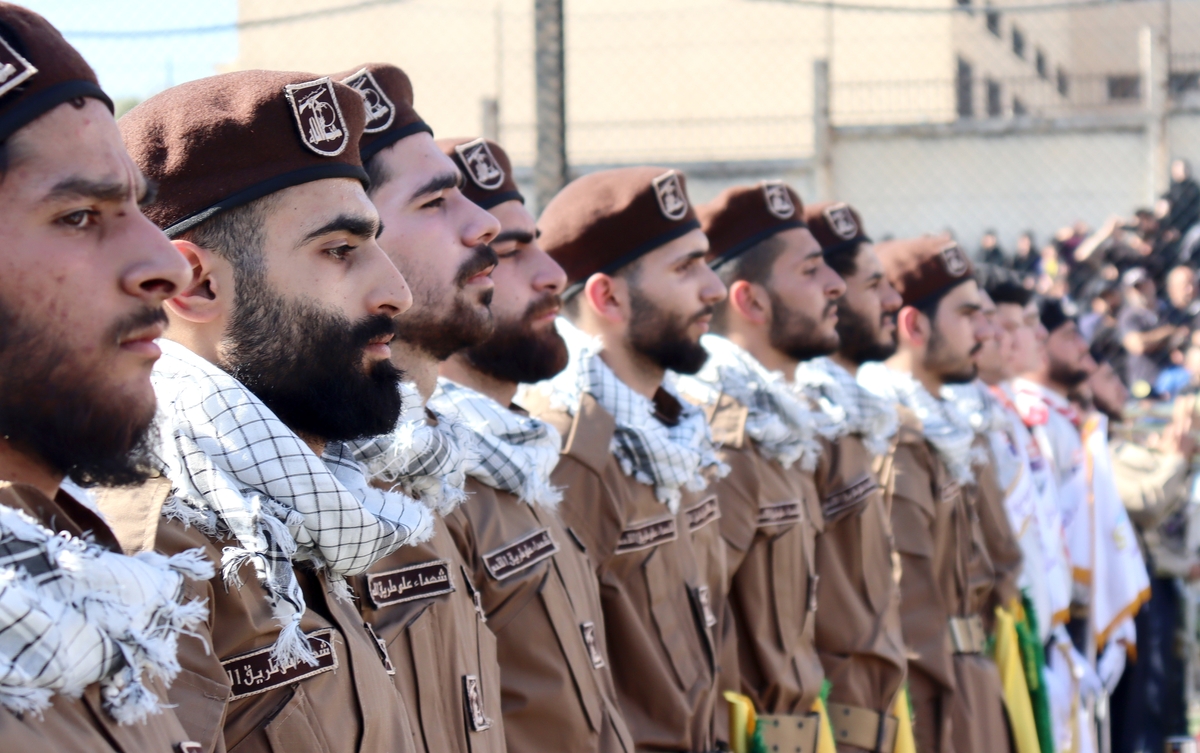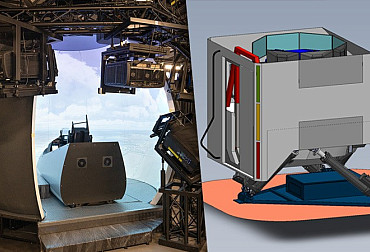Another Israeli war with Hezbollah? Tensions rise on the border with Lebanon, as does pressure for a ceasefire in Gaza
Israel could soon be fighting a full-scale war on another front, this time the northern front. According to a recent analysis by Foreign Affairs magazine, conflict with Lebanon's Hezbollah is closer than at any time in the past. The Israeli military announced back in June that plans for a full-scale attack in southern Lebanon had been approved. From the other side, Iran-backed Islamists indicate that the Shiite group is ready to step up its rocket attacks against Israeli cities. The Israeli army estimates that, in the event of a full-scale conflict, the enemy would fire up to 3,000 rockets a day at Israeli targets. These new threats come at a time of increasing pressure from allies, domestic politicians, and residents on Benjamin Netanyahu's government to reach a ceasefire with Hamas. Meanwhile, 120 of the 250 Israelis kidnapped are still waiting to return from the Gaza Strip, but an estimated one-third are already dead.

Without completing its military operations against terrorist targets in Gaza, the Jewish state may soon have to open a new front. Lurking from the north is another of its hostile neighbors - Hamas ally and Iran's proxy party in the region - Hezbollah. Analysts warn that a possible Israeli incursion into southern Lebanon would have far more serious consequences than the current conflict in the Gaza Strip. Compared to this currently relatively well-controlled territory, the Lebanese Shi'ites are much better armed and have a much larger stockpile of rockets. The US magazine Foreign Affairs points out that Hezbollah has up to 150,000 rockets, hundreds of attack drones and ballistic missiles in its arsenal, which could hit far more distant Israeli targets, including the capital Tel Aviv or any other city in Israel.
Moreover, Israel has not historically had a good experience on the Lebanese battlefield. The last war, in 2006, was without major success for the Jewish state, although several hundred Hezbollah fighters were killed. In the meantime, Hezbollah has considerably modernized its forces with Tehran's help, and this could be an unexpected development for the Israeli army in a potential conflict. According to Jerusalem's estimates, in the event of an outbreak of armed conflict, terrorists from Lebanon would fire up to 3,000 rockets a day, which could cripple Israel's otherwise almost 100 per cent effective air defense system. At the same time, the Israelis would have to focus on defending strategic locations such as key infrastructure and military bases.
There have already been more rocket attacks from southern Lebanon since the Hamas terrorist invasion on October 7, 2023. For now, the targets are towns and settlements in northern Israel. In addition to Israel itself, Washington has long warned of an escalation of the conflict by both Hezbollah and Iran. So far, none of the players involved seem to want a regional war, although already in early 2023 a senior Hamas official called for uniting all fronts against Israel and strengthening relations with Hezbollah.
Incidentally, an attack from Lebanon could have taken place as early as October 7, 2023, but unlike the slower Israeli response in the south, Israeli troops were deployed in the north in time for Hezbollah to change its mind. "If they had been fast enough, we would have been able to stop them in Haifa," Foreign Affairs quoted an unnamed IDF division commander as saying, referring to the possibility that the Islamists from Lebanon could have been stopped in Israel's third-largest city, approximately 25 miles (40 km) south of the Lebanese border.
The rising tensions in northern Israel come at a time of a still-unfinished military operation in the Gaza Strip, as well as growing pressure on the Israeli government to conclude a ceasefire agreement. According to the United States, the negotiations sponsored by the US, Egypt and Qatar, which are mediating between the warring parties, appear to be in their final stages. A planned meeting next week is then expected to confirm the agreement. This is a major shift from Prime Minister Benjamin Netanyahu's earlier proclamations that he would not agree to any deal until Israel had achieved its military objectives in the Gaza Strip, including the dismantling of Hamas and preventing its later return to administer the area. A crucial point of the negotiations was the release of the remaining 120 hostages currently held by Hamas terrorists. On the Hamas side, the demands include, in particular, an end to military operations.
"It's a very different negotiation now than it was a month ago, when we had some fundamental, insurmountable problems," a US administration source told Reuters, adding that while some disagreements still remain, a mutual agreement is close. This should include a specific framework for the release of hostages within 42 days in exchange for a six-day ceasefire. According to some sources, Israeli negotiators are demanding further guarantees. "They want to set up a vetting mechanism for civilians returning to northern Gaza, where they fear these people could support Hamas fighters who are still there," Reuters quoted another unnamed Western official familiar with the negotiations as saying. As mentioned, the next round of talks is coming up in just a few days.





















